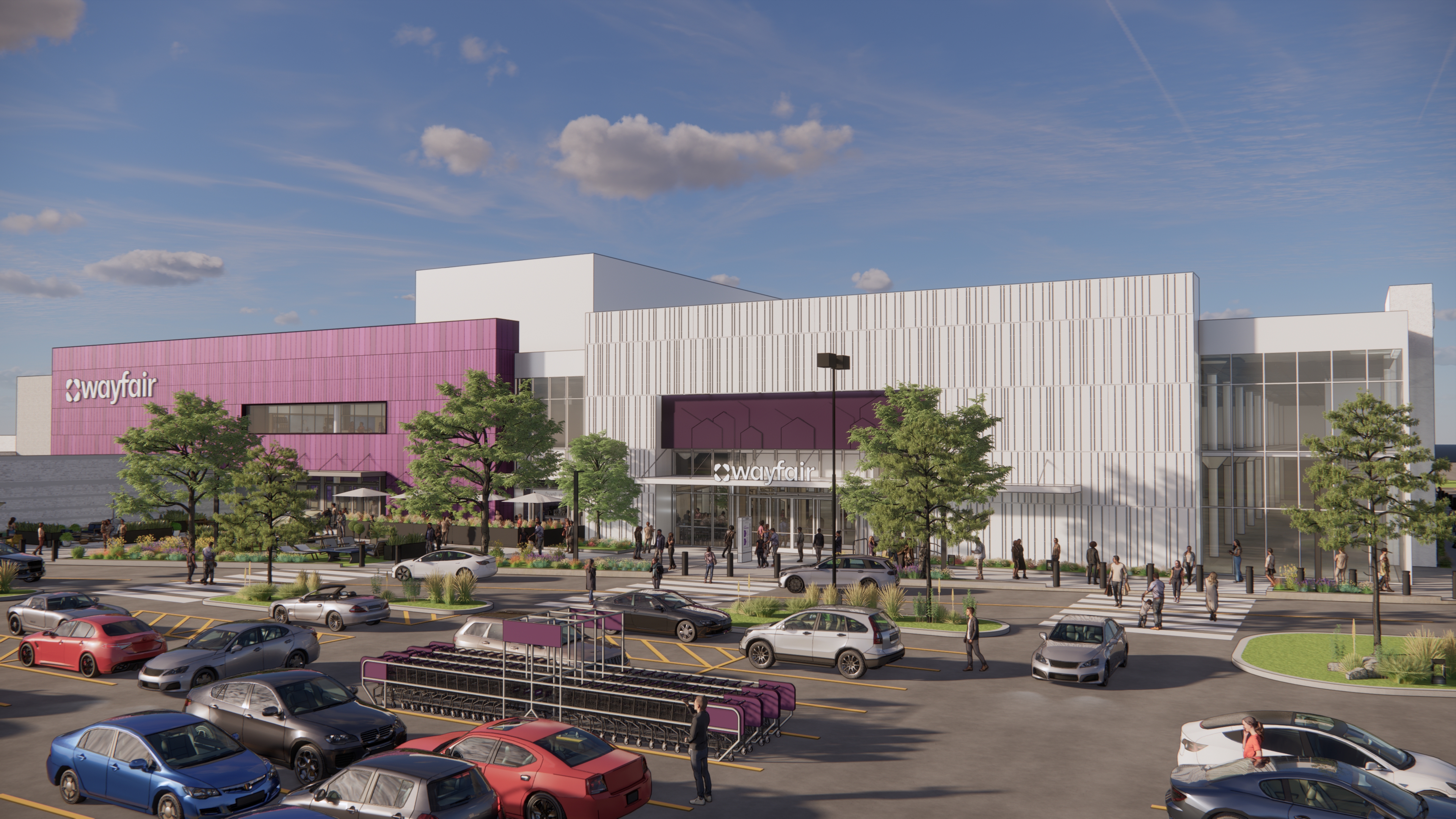The default speed limit on many Chicago streets is 30 miles an hour, but safety activists argue that it should be lowered, and some members of the City Council agree.
“I want to make the point that small decreases in average operating speeds make big differences in decreasing risk,” senior transportation planner Victoria Barrett told the City Council’s Committee on Pedestrian and Traffic Safety this week. “We don’t need everyone to drive much slower to see big benefits."
Ald. Derrick Curtis, who represents the 18th ward, complained that something must be done to change the behavior of driver who treat some of his residential streets like highways.
“It’s all about behavior modification, and guess what, our drivers today are not getting it,” he told the committee.
Some of those testifying before the committee would like to see the city reduce speed limits by five miles an hour.
“Reducing the speed limit is one additional tool in the toolbox that we really should be considering seriously,” said Audrey Wennink, the senior director at the Metropolitan Planning Council.
But there is also a concern that lower speed limits could result in unintended consequences, specifically in higher fines for drivers who violate speed cameras.
Local
City Comptroller Chasse Rehwinkel assured the council that the city is “more interested in changing the behavior, not so much in receiving the revenue," but some skepticism remains, especially with some members of the council suggesting expanding speed camera deployments beyond city parks and school zones.
In a recent study, the Illinois Policy Institute found that speed cams are a major source of revenue for Chicago, issuing tickets every 20 seconds. Last year alone, the group said cameras raised over $102 Million. Lower speed limits, the IPI said, could increases costs for motorists.
Feeling out of the loop? We'll catch you up on the Chicago news you need to know. Sign up for the weekly Chicago Catch-Up newsletter here.
“I think the picture as far as safety goes is mixed but the revenues are clear,” Patrick Andriesen of the Illinois Policy Institute said.
While he supports moves to improve traffic safety, lower speed limits could bring a “huge increase in the number of fines being issued, a huge increase in revenue for the city and massive costs on most Chicagoans who can least afford to pay.”
The mayor had called speed cams a “cash grab” during his campaign, but so far has not called for an end to the program. NBC Chicago reached out to his office Tuesday, but has yet to receive a response.
The chair of the committee today said he wants to see more in the way of education and less in the way of fines.
“I believe we can have less revenue and fewer traffic fatalities,” said Ald. Daniel La Spata. “I think that goes hand in hand.”



